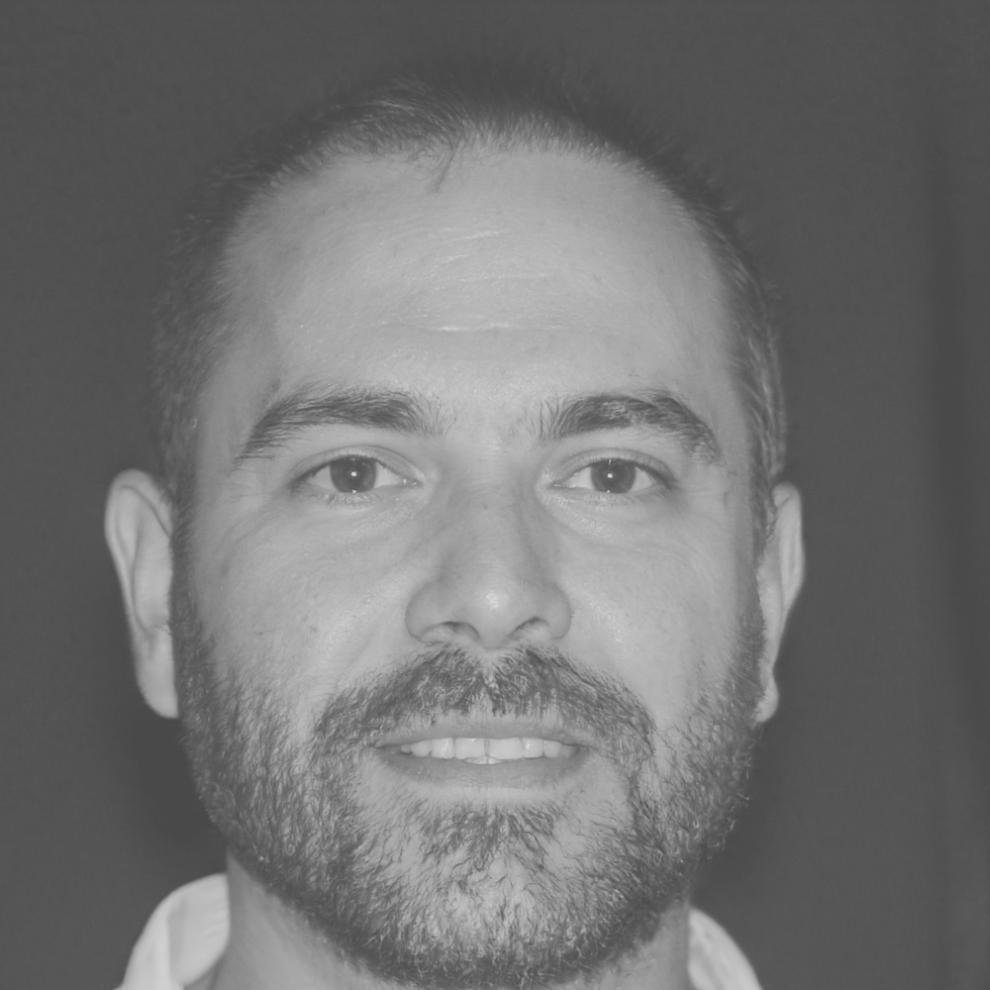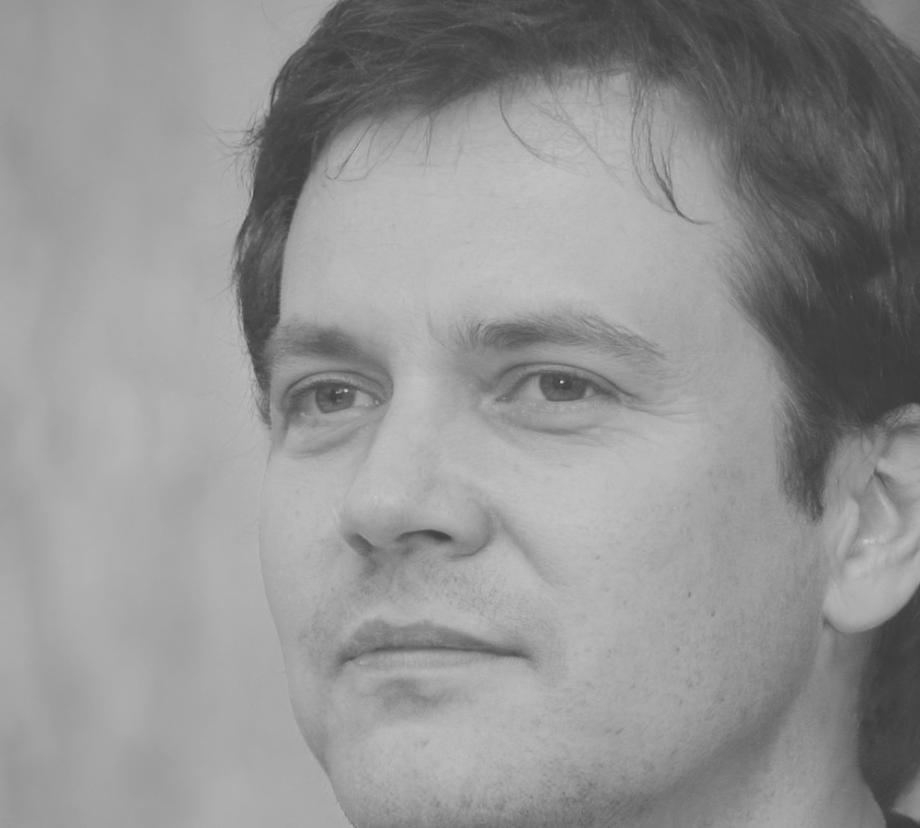Who Teaches These Methods?
All instructors currently work in finance or recently transitioned from active roles. Thaksin spent 14 years as a sell-side analyst before joining us in 2024. Adisak worked on dozens of transactions before deciding to teach full-time.
Their real-world experience shows up in course content. When Wichai discusses enterprise value adjustments, he's referencing deals he actually worked on. Somchai brings examples from his portfolio management work, including mistakes he's made and learned from.
Class sizes stay small intentionally. With 12 students per cohort, instructors can review your work individually and catch errors before they become habits. This matters more than you'd think when building models.
- Each instructor holds weekly office hours beyond scheduled class time
- Direct feedback provided on all submitted assignments within 48 hours
- Guest speakers from local brokerages and investment firms appear quarterly
- Alumni network includes graduates now working across Thai financial sector
- Curriculum updated annually based on current market practices and student input
The teaching approach emphasizes doing over just watching. You'll spend more time building models than listening to lectures. Mistakes happen during the learning process, and that's exactly when feedback matters most.




